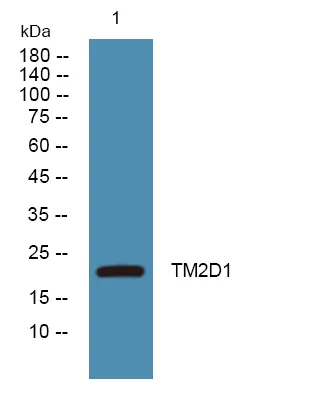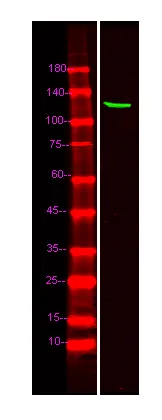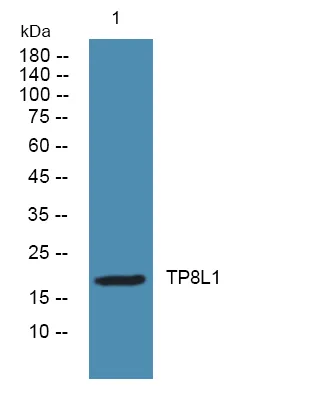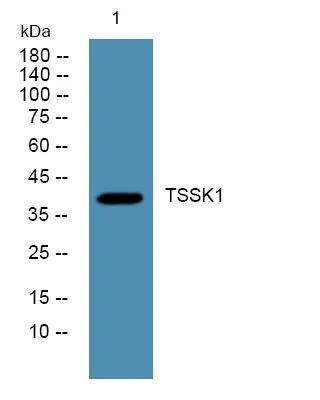产品概述
产品性能
免疫原
产品应用
研究背景
This gene encodes the pulmonary-associated surfactant protein B (SPB), an amphipathic surfactant protein essential for lung function and homeostasis after birth. Pulmonary surfactant is a surface-active lipoprotein complex composed of 90% lipids and 10% proteins which include plasma proteins and apolipoproteins SPA, SPB, SPC and SPD. The surfactant is secreted by the alveolar cells of the lung and maintains the stability of pulmonary tissue by reducing the surface tension of fluids that coat the lung. The SPB enhances the rate of spreading and increases the stability of surfactant monolayers in vitro. Multiple mutations in this gene have been identified, which cause pulmonary surfactant metabolism dysfunction type 1, also called pulmonary alveolar proteinosis due to surfactant protein B deficiency, and are associated with fatal respiratory distress in the neonatal period. Alternatively spliced transdisease:Defects in SFTPB are the cause of pulmonary surfactant metabolism dysfunction type 1 (SMDP1) [MIM:265120]; also called pulmonary alveolar proteinosis due to surfactant protein B deficiency. Inborn errors of pulmonary surfactant metabolism are genetically heterogeneous disorders resulting in severe respiratory insufficiency or failure in full-term neonates or infants. These disorders are associated with various pathologic entities, including pulmonary alveolar proteinosis (PAP), desquamative interstitial pneumonitis (DIP), or cellular non-specific interstitial pneumonitis (NSIP).,function:Pulmonary surfactant-associated proteins promote alveolar stability by lowering the surface tension at the air-liquid interface in the peripheral air spaces. SP-B increases the collapse pressure of palmitic acid to nearly 70 millinewtons per meter.,miscellaneous:Pulmonary surfactant consists of 90% lipid and 10% protein. There are 4 surfactant-associated proteins: 2 collagenous, carbohydrate-binding glycoproteins (SP-A and SP-D) and 2 small hydrophobic proteins (SP-B and SP-C).,polymorphism:Genetic variation at position 131 may influence the association between specific alleles of SFTPA1 and respiratory distress syndrome in premature infants (RDS) [MIM:267450].,similarity:Contains 1 saposin A-type domain.,similarity:Contains 3 saposin B-type domains.,subunit:Homodimer; disulfide-linked.,
研究领域




